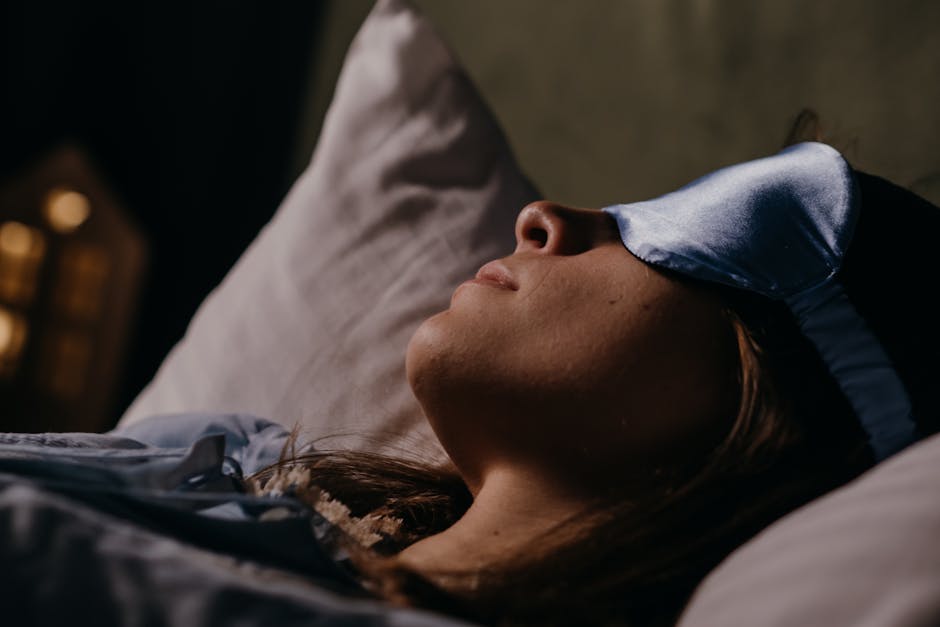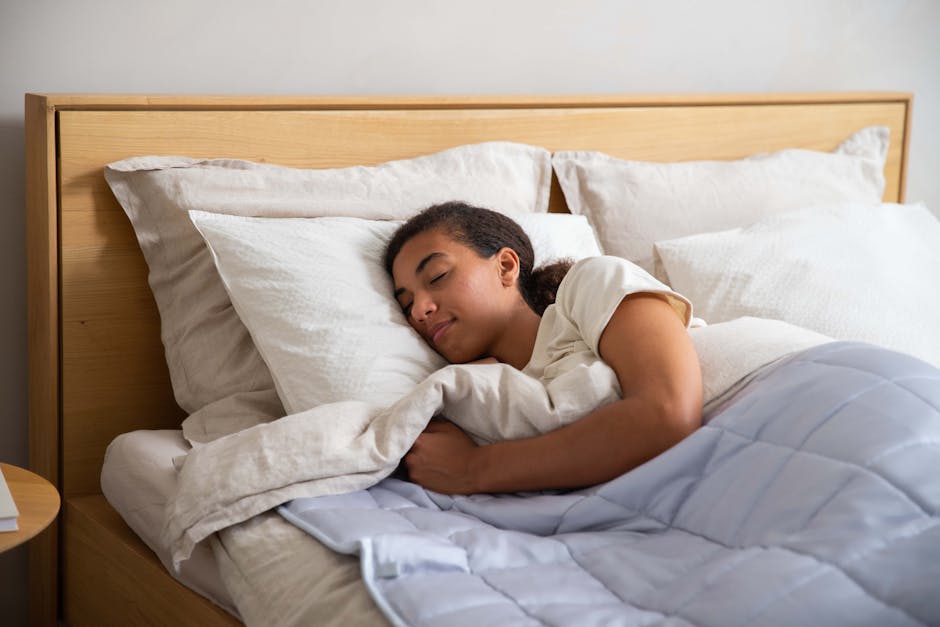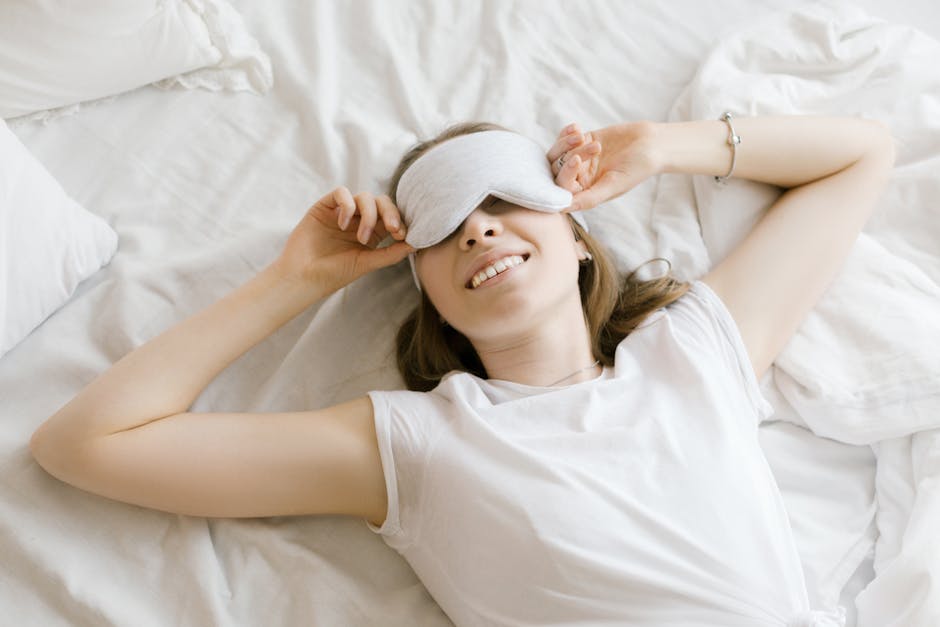The Importance of Sleep in Wellness
Did you know that nearly one in three adults don’t get enough sleep? it’s true! Sleep is not just a luxury; it’s a necessity for our overall well-being. Understanding the importance of sleep can help you feel better, think clearer, and live healthier. So, lets dive into why sleep matters so much.
What Happens When We Sleep?

When you sleep, your body goes through several stages. Each stage plays a vital role in your health. Deep sleep helps your body repair itself, while REM sleep boosts your brain’s creativity and memory.
Imagine your body as a smartphone. When it’s running low on battery, you plug it in to recharge. Sleep is your way of recharging. Without enough sleep, your battery gets low, and your performance drops.
How Does Sleep Affect Our Health?

Getting enough sleep is linked to many health benefits. Here are some key ways sleep impacts your wellness:
- Boosts Immune Function: Sleep strengthens your immune system, helping you fight off illnesses.
- Improves Mental Health: Quality sleep can reduce stress, anxiety, and depression.
- Aids Weight Management: Lack of sleep can lead to weight gain by affecting hunger hormones.
- Enhances Memory: Sleep helps consolidate memories, making it easier to learn and recall information.
Research shows that people who sleep well are generally happier and more productive. They face their day with energy and enthusiasm.
What are the Signs of Sleep Deprivation?

How can you tell if you’re not getting enough sleep? Here are some common signs:
- Feeling tired throughout the day
- Difficulty concentrating
- Irritability or mood swings
- Frequent yawning
- Reliance on caffeine to stay awake
If you notice these signs, it might be time to change your sleep habits. Ignoring sleep deprivation can lead to serious health issues.
How Much Sleep Do We Really Need?

The amount of sleep needed varies by age. Heres a quick guide:
- Infants (0-3 months): 14-17 hours
- Children (6-13 years): 9-11 hours
- Teenagers (14-17 years): 8-10 hours
- Adults (18-64 years): 7-9 hours
- Seniors (65+ years): 7-8 hours
Understanding your sleep needs can help you prioritize rest in your life.
What Affects Our Sleep Quality?
Several factors can disrupt your sleep. These can range from your environment to lifestyle choices. Here are some common culprits:
- Stress and Anxiety: Worries can keep your mind racing at night.
- Screen Time: Blue light from devices can interfere with sleep hormones.
- Caffeine and Alcohol: Consuming these too close to bedtime can affect sleep quality.
- Noise: Loud environments can disrupt your sleep cycle.
By identifying these factors, you can take steps to create a more restful sleep environment.
How Can We Improve Our Sleep?
Improving your sleep doesnt have to be hard. Here are some practical tips to help you sleep better:
- Stick to a Schedule: Go to bed and wake up at the same time every day.
- Create a Relaxing Bedtime Routine: Wind down with calming activities like reading or taking a warm bath.
- Make Your Sleep Environment Comfortable: Keep your bedroom dark, cool, and quiet.
- Limit Naps: If you nap, keep it short20-30 minutes is ideal!
- Watch What You Eat and Drink: Avoid heavy meals, caffeine, and alcohol before bedtime.
These small changes can lead to big improvements in your sleep quality.
What Are the Myths About Sleep?
Sleep is surrounded by many misconceptions. Lets debunk a few common myths:
- Myth 1: You can catch up on sleep during the weekend.
Fact: While you might feel better, it’s not a substitute for consistent sleep. - Myth 2: Snoring is normal and harmless.
Fact: It can be a sign of sleep apnea, which needs medical attention. - Myth 3: Older adults need less sleep.
Fact: Seniors still need 7-8 hours for good health.
By understanding these myths, you can have a clearer view of the importance of sleep.
What Should You Do If You Still can’t Sleep?
If youve tried everything and still can’t sleep, it may be time to seek help. Talk to a healthcare professional. They can offer guidance and check for underlying issues. Sometimes, sleep disorders require treatment.
Remember, sleep is a crucial part of wellness. it’s not just about resting; it’s about rejuvenating your body and mind.
Conclusion: Take Action for Better Sleep
Now that you know the importance of sleep, what will you do next? Here are some actionable takeaways:
- Assess your current sleep habits. What needs changing?
- Try implementing one or two tips from this article tonight.
- Monitor how these changes affect your energy and mood.
Sleep is essential for a healthy life. Prioritize it just like you would nutrition and exercise. Your body and mind will thank you!
For more information on sleep and wellness, check out this article from the National Sleep Foundation: National Sleep Foundation.



